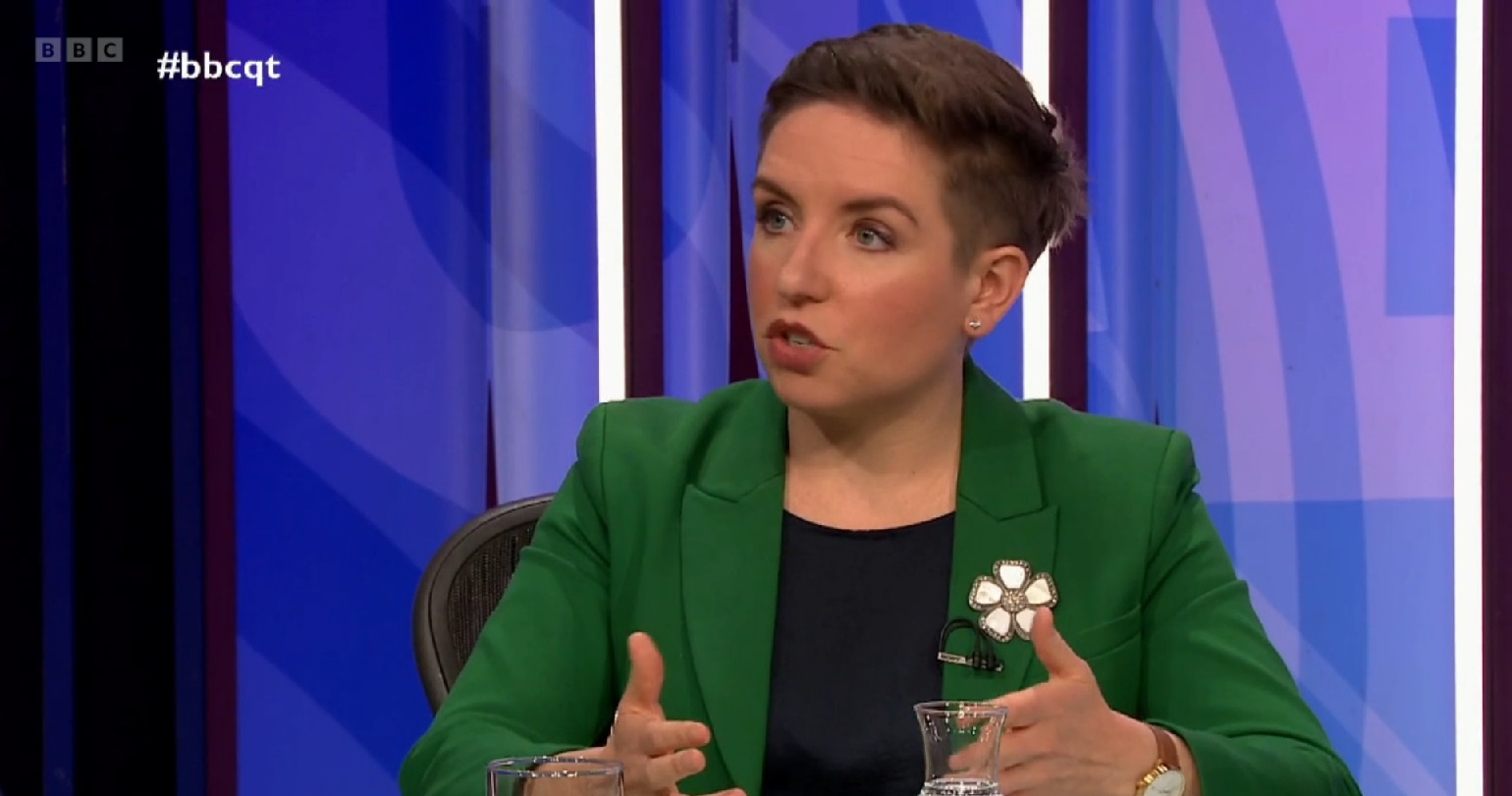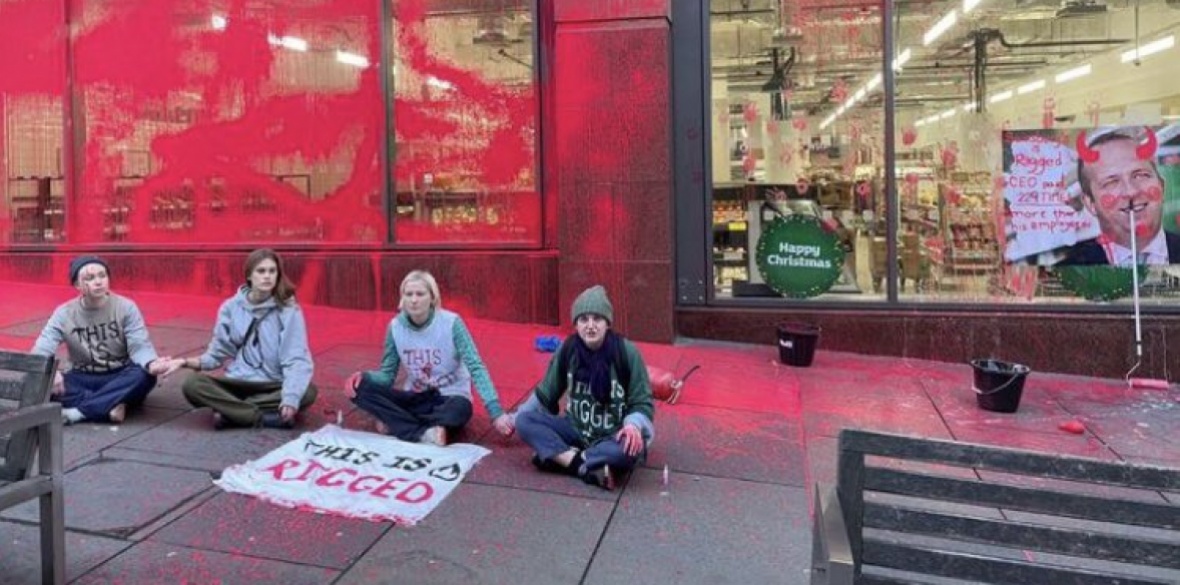Autumn Statement: Greens offer 10-point plan of distinctive tax and spend policies to create a fairer, greener society

Green Party co-leader Carla Denyer has outlined a 10-point plan of distinctive tax and spend policies aimed at delivering a fairer, greener country. She will dismiss the chancellor’s Autumn Statement, saying it will be “another failed opportunity to end the cost-of-living crisis, tackle the climate crisis and restore crumbling public services on which we all rely.”
Denyer said:
“Our 10-point plan identifies around £30 billion of additional funds that would be available from simply rebalancing the tax system so that the super-rich pay their fair share and both people and planet benefit.”
“The extra revenue raised would enable the government to pay NHS staff an inflation-matching pay award, increase access to NHS dentists, increase Universal Credit, abolish the two-child benefit cap, improve bus services and help small businesses take advantage of the opportunities offered by greening the economy.
“Instead, the chancellor’s Autumn Statement will be another failed opportunity to end the cost-of-living crisis, tackle the climate crisis or restore crumbling public services. It’s clear that as the Tories continue to languish in the polls, Jeremy Hunt has more interest in electoral gimmickry that he has in creating a fairer and greener country.”
The Green Party’s 10-point plan would:
- Restore the public health budget by increasing spending by £1.4 billion
- Immediately increase NHS spending by £8 billion, to ensure NHS staff can be paid an inflation matching pay award
- Meet the Government’s current plan to increase access to NHS dentists by increasing spending 50 per cent – £1.5 billion – of the total NHS dentistry budget
- End the rise in homelessness caused by the cap on Local Housing Allowances at a cost of £700 million
- Increase Universal Credit by £40 per week at a cost of £9bn
- Abolish the two-child benefit cap to reduce poverty for some of the most vulnerable children in the country by increasing the welfare budget by £1.3 billion
- Provide the necessary powers and funding to rural local authorities to take back control of bus services so they can increase routes and service frequencies at a cost of £3bn
- Turn ISAs green by linking their tax exemptions to investments in green bonds
- Invest an additional £3billion in Green Transition Grants for small businesses to help them prepare for and take advantage of the opportunities offered by greening the economy
- Rebalance the tax system to raise an extra £30 billion through changes to Capital Gains Tax, National Insurance and the abolition of “non dom status” which would pay for the proposed measures
Championing the Green’s alternative Autumn Statement, Carla Denyer said:
“These fairer, greener alternatives give just a flavour of what could be done if we had a Government willing to tackle the long-term crises we face. They would start to remove the fundamental injustice that means that wealthier people who own more assets often see a lower effective tax rate than less well-off people.
“Everyone deserves easy access to a dentist, improved public health, properly paid and supported doctors and nurses working with decent facilities, reduced poverty and homelessness, and accessible public transport.
“There is enough money in the economy to make our country fairer and greener. What is lacking is the political will to change priorities. And Starmer’s official opposition seems no more ready to offer this than the Government is. That is why we so desperately need more Greens in Parliament to make the case for the common-sense changes that can deliver a fairer greener country.”



